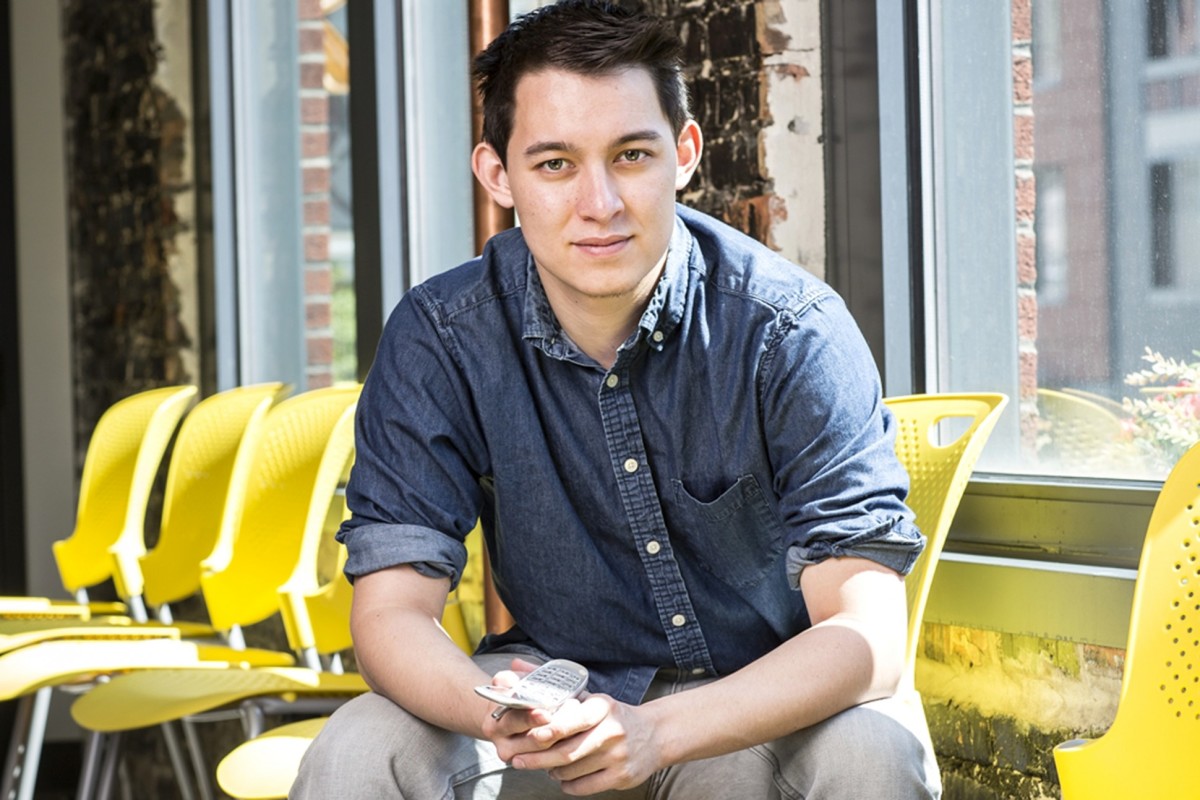Up until last spring, 22-year-old founder Daniel Yu had raised over $750,000 for his startup, Reliefwatch, which helps medical organizations in developing countries track supplies and manage inventory records.
It’s a noteworthy amount, sure, but what’s unique about it is this: Yu didn’t have to give up any equity in his company because he secured his early funding through innovation competitions worldwide.
The exposure from winning pitch competitions then created the buzz he needed to complete a seed round with over a dozen angel investors from around the world.
Right now, Yu lives in D.C. and is one of 11 startup founders housed in an 18th-century mansion in Georgetown, home of the Halcyon Incubator program. (Husband and wife founders of the S&R Foundation, Ryuji Ueno and Sachiko Kuno, purchased the famous Halcyon House in 2011 for over $10 million and established an incubator for young social entrepreneurs.)
Yu, a 2015 Halcyon Fellow and graduate of the University of Chicago, finished collecting another $100,000 in October as one of the finalists in a million-dollar competition run by Forbes.
Add to that the $100,000 investment he won from the UChicago Innovation Fund this summer; the $100,000 prize he took home at 1776’s Challenge Cup in May; the $70,000 he collected from the faith-based Elevate business plan competition in April … you get the picture.
Yu even won $56,500 from the Prince of Wales.

Not a bad year for a venture that only launched three years ago.
“We’ve certainly been able to capitalize on the momentum of our business raising money, both through competitions as well as from investors,” Yu told Technical.ly of his award-wining year. “The experience we’ve gained from going through previous competitions has definitely helped me become more confident and comfortable publicly presenting the business.”
Although altruistic in goals, the service is also a business.
Reliefwatch charges NGOs for the service that tracks supplies by calling clinicians in rural locations in the developing world and taking stock of their inventory by collecting numbers entered via touch tone on a simple mobile phone. The data is digitized and stored in a cloud-based database. It has been used in Central America and in a vaccination program in Uganda.
Yu says he has already started communicating with pharmaceutical and other international brands that operate in the U.S. and the developing world.
“We have been able to start working with multinational corporations in the developing world to help them track last-mile data,” Yu said. “Most notably [gum maker] Wrigley, who we’re currently working with in Kenya to help track sales data and prevent stockouts in their supply chain.
Reliefwatch has 7 full-time employees and plans to double that number next year.
In the meantime, Yu has been honing his craft at the Halcyon House and adjusting to life in the nation’s capital.
“D.C. has been a fairly significant culture shift from being in Chicago,” Yu, a California native, said. “That said, I’ve certainly benefited greatly from the organizations and expertise around D.C., particularly in the international development sector.”
Reliefwatch founder Daniel Yu knows how to win a pitch competition







